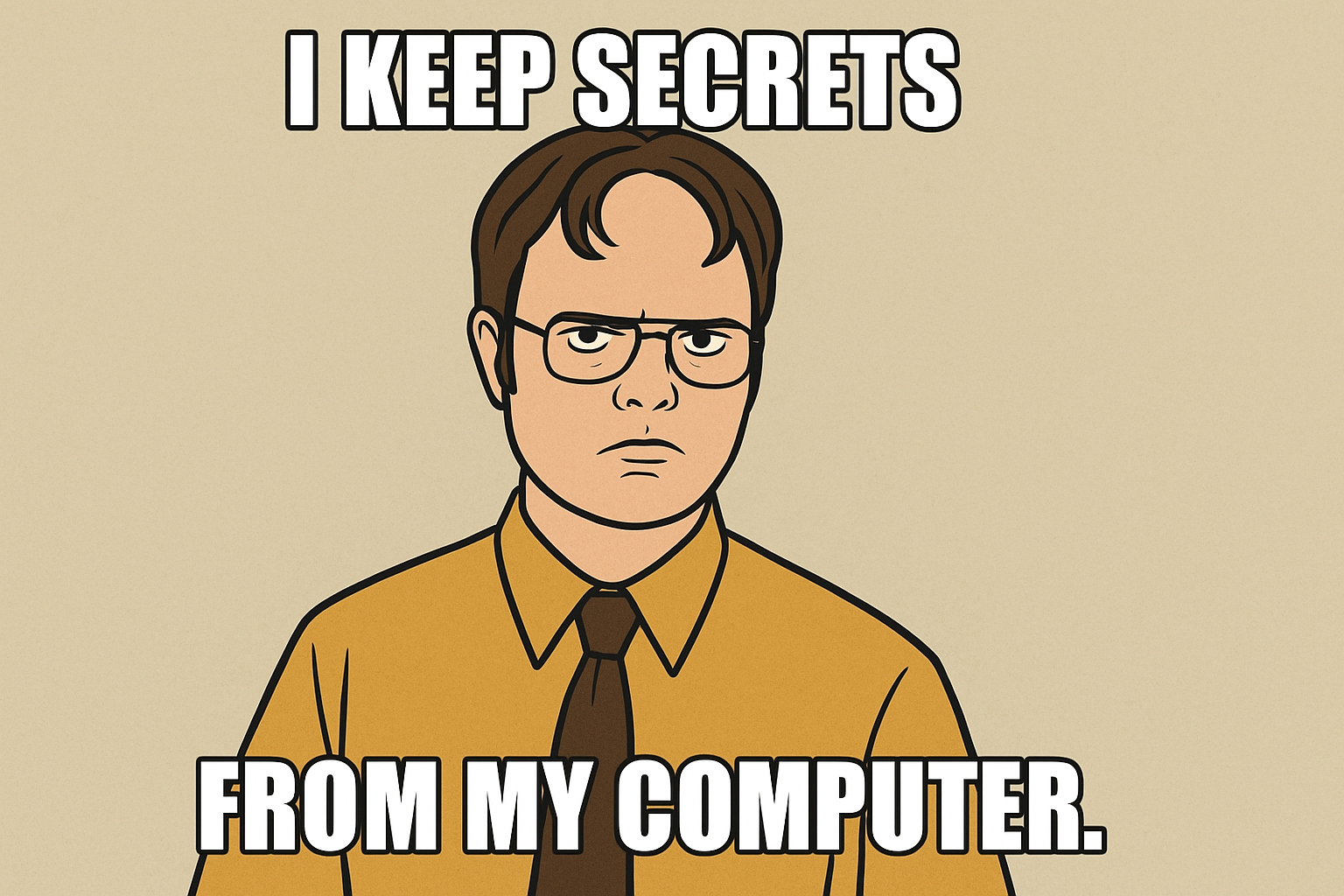There Is No AI as Long as You Have Things on Paper
It’s time to revisit another nugget of wisdom and insight from The Office. In Golden Ticket, while doing his best to emulate Gene Wilder’s Willy Wonka take, Michael Scott falsely accuses Dwight of being the architect of his failed marketing stunt. To prove his innocence, Dwight proudly announces that he can clear his name by checking his journal.
Michael then asks the obvious question: “Why do you keep a journal?”
Dwight, deadpans: “To keep secrets from my computer.”
The line hits a little differently sixteen (16) years later. Because here’s the truth: no matter how hype about AI, it won’t do anything for you as long as your processes live on paper. But imagine the possibilities once you make the shift.
AI is not magic. It’s not a shortcut. It can’t analyze a filing cabinet, a handwritten form, or a faxed checklist. To get any value from AI, you first have to take the step Dwight refused: move the data out of paper silos and into a system where it can be tracked, measured, and used.
Take the First Step
- Capture forms in platforms that make them searchable and reportable.
- Convert paper-based audits into digital workflows.
- Say goodbye to faxes, scans, and paper trails that dead-end in a desk drawer.
Only then can AI deliver on its promise. Once your data is digital, repeatable, and structured, AI can actually help—spotting trends, highlighting risks, suggesting next steps, and saving real time.
I understand why AI feels overwhelming. Besides the Mission Impossible-esque threats about ending humanity, on a basic day-to-day level, we’re all left grappling with questions like: What will it mean for my role? How far will it go in making my job unnecessary? Will it replace what I do?
But we need not fear. And we certainly don’t need answers to these unanswerable existential dilemmas. We just need small wins. The first step is simple: Feed your systems clean, electronic information—the kind that’s measurable, shareable, and repeatable. Once that foundation is in place, AI can actually work for you, enhancing your role and making you more effective. So, yes, 16 years later, we’re still joking about keeping secrets from our computers. But today, the secret to making AI useful isn’t a punchline—it’s a mindset shift. And don’t forget – it all starts with getting everything off paper.

